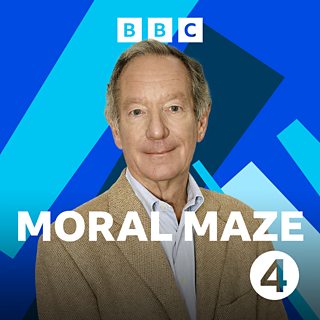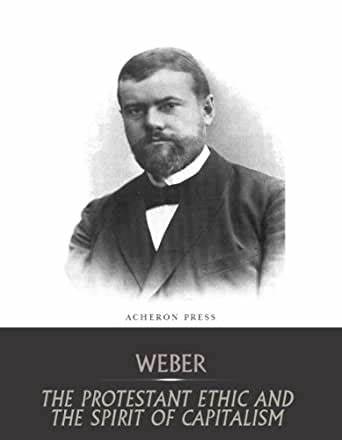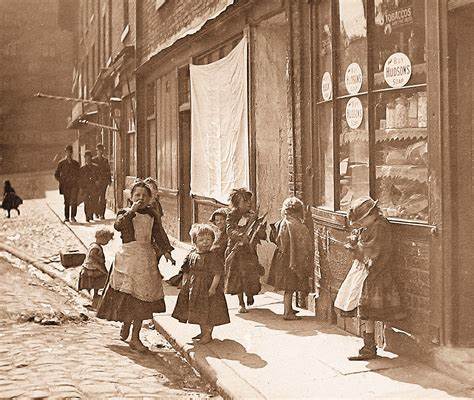On Wednesday
I spoke as a ‘specialist witness’ (20 minutes in) on the BBC Radio 4 The Moral Maze, which
was asking What is the Point of University? The programme claims to think
about the moral dimensions of pressing issues, but got stuck in the minutiae
of current policy.
I’d been gardening between thunderstorms in Durham, and arrived in muddy jeans to have my secateurs confiscated by the Bush House security. But that gardening is important. I’m fortunate enough to enjoy my job, unlike the staggering 37% of working British adults who said in a recent YouGov poll that their job is pointless and not making a meaningful contribution to the world.
But I still work to live
rather than live to work, and the rich humanist education I enjoyed, entirely
financed by the British taxpayer, helped equip me for my idea of "real life"--currently citizenship, researching deforestation, garden rescue and selection of TV programmes.
 |
| The Evidence |
Many people contacted me to thank me for pointing out the Elephant in the Studio: the commercialisation of our universities is implicated in all their current problems, including grade inflation, decreasing working-class applications, ‘cancel culture’ and the young adult mental health crisis. It has also fuelled the New Philistinism, and encouraged a moronic management class who understand nothing about the true role of education in any half-way decent society.
One such management is now threatening with mass redundancies the
entire brilliant, innovative Classics Department at Roehampton, which in its
short and immensely socially responsible life has brought the ancient Greeks and
Romans to hundreds of people including the neurodiverse who could never have
accessed it otherwise (please sign the petition: link here).
Aristotle notes that Sparta never flourishes in times of peace because its constitution, while training the Spartans well for combat, “has not educated them to be able to live in idleness”. Boredom is the enemy not only of peace but of happiness. Harry Allen Overstreet, the inspirational chair of the philosophy department at CUNY from 1911 to 1936, understood that education for recreation is a serious political business: “Recreation is not a secondary concern for a democracy. It is a primary concern, for the kind of recreation a people make for themselves determines the kind of people they become and the kind of society they build.”
Our word
“leisure” comes from the Latin verb licere (to be allowed): leisure is the time when you are free from the
requirement to work and are “allowed” to choose how you spend it. The Greek
word used by Aristotle, scholē, originally meant time which you could call your
own. It gave rise to our word “school,” because the philosophers saw that
leisure (among other things) was a precondition of intellectual activity for
its own sake. If you are sent down the mine at age 5 for 51 weeks a year and
consequently die at the age of 35 you are not going to have much time for expanding
your brain.
Yet, we are obsessed
with work. We think we are defined by our jobs. When we ask someone what they
“do,” we mean what they do to make a living, not whether they spend their
leisure hours singing in a choir or visiting medieval castles. The objective of
work is usually to sustain our lives biologically, an objective we share with
other animals. But the objective of leisure can and should be to sustain other
aspects of our lives which make us uniquely human: our souls, our minds, our
personal and civic relationships. Leisure is therefore wasted if we do not use
it purposively. Education can help us do this.
Max Weber showed in The Protestant Ethic and the Spirit of Capitalism (1905) that the work fetish first arose as a result of the Reformation and the Industrial Revolution. It was believed that labour might one day be rendered unnecessary by machines, but only after many centuries of extra- intensive labour. Work geared toward maximizing output of material goods and mindless economic growth consequently acquired a ludicrously high status. The idea of “non- productive” work in spheres like education not strictly necessary for our biological survival, became perceived as less intrinsically valuable than industrial work. Pressure to maximize output meant that working hours stopped being seasonal and became dictated by mechanical timekeeping. They were also massively extended, leading at the peak of the Industrial Revolution to the unending drudgery of the residents of Coketown, as portrayed in Charles Dickens’ Hard Times (1854), and to the horrors of twelve-hour working days.
Thoreau
emphasised education as the solution to the “problem” of using leisure
constructively. He argued that good use of leisure in an ideal society would be
the main goal and objective of education. So it needs to be made available at
every level and fun to everyone in society. Call me a crazy utopian if you want. I've been called much worse.






No comments:
Post a Comment